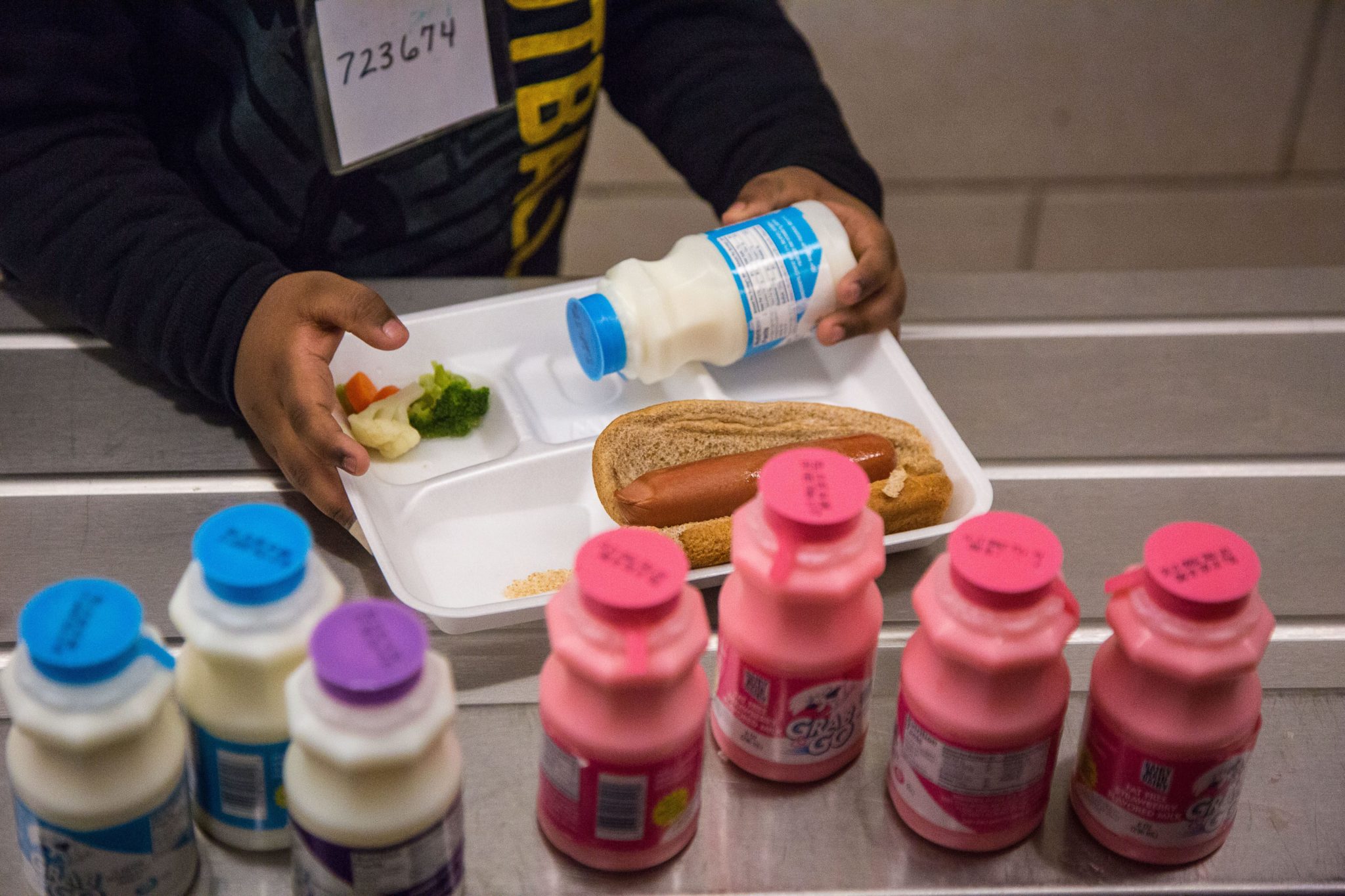By Stefanie Casdorph
When Congress returns from its August recess, it will begin a busy fall season of considering some major pieces of legislation that are important to Bread. This legislation could make significant strides toward combatting hunger both in the U.S. and abroad. Much of this legislation is already in process this summer.
Child Nutrition Reauthorization
The reauthorization – renewal and improvement – of the current child nutrition act is the thrust of Bread’s 2015 Offering of Letters. This legislation works to make sure that children, especially those from low-income families, are getting the food and nutrition they need all year long, including during the summer.
The Senate Agriculture Committee scheduled the markup of the child nutrition reauthorization for September 17.
The current act expires on September 30. This legislation does not require reauthorization and could expire without any congressional action, which is something that Bread obviously does not want to happen. However, reauthorization provides an opportunity to improve and strengthen the standards and programs of the current legislation. Bread hopes that improvements will be made as reauthorization is considered.
Two main pieces of legislation in this area have been introduced in the House and Senate – the Summer Meals Act of 2015 and the Stop Child Summer Hunger Act of 2015. Support is increasing for both acts. Currently, the Summer Meals Act has six bipartisan cosponsors in the Senate and 38 bipartisan cosponsors in the House. The Stop Child Summer Hunger Act has one new cosponsor in the Senate and nine cosponsors in the House.
Global Food Security Act and Feed the Future
The Global Food Security Act (GFSA) was introduced in March. It calls for a comprehensive global strategy to help hungry and malnourished nations develop smart, long-term, country-specific agriculture policies and to ensure these nations meet the nutrition needs of their people. This bill stresses the importance of nutrition, especially for young children and pregnant women and focuses strongly on women’s economic empowerment.
This bill could result in hundreds of millions of hungry people getting the food they need. This bill was one of the focuses of Bread’s Lobby Day in June and is continually garnering more support. To date, the total number of cosponsors is 70 representatives.
Budget and Appropriations
The general consensus among members of Congress is that they do not like sequestration and would rather not allow the budget limitations it imposes. Sequestration is the procedure of the federal government to limit the size of the budget, which often means spending cuts for a variety of important programs. As we move into fall, Congress is already working on the budget for fiscal year 2016. The Senate Appropriations committee has marked up the Agriculture Appropriations bill, which has a tremendous impact on hunger both at home and abroad.
In domestic funding, the bill provides $6.5 billion for WIC (Special Supplemental Nutrition Program for Women, Infants, and Children). This is $110 million below the FY 2015 enacted level and the president’s request, but reflects U.S. Department of Agriculture estimates from declining WIC enrollment for the coming year. The bill also includes $55 million for management information systems and the transition from paper vouchers to a more efficient electronic benefit transfer system. The bill includes $81.6 billion for SNAP (formerly food stamps). This is $175.5 million below last year’s level due to declining enrollment. The bill also provides $21.5 billion in mandatory funding for child nutrition programs. This is $224.2 million above the FY 2015 enacted level.
In international funding, the bill contains $1.46 billion for Food for Peace, a major food-security program. The McGovern-Dole International Food for Education and Child Nutrition Program is given $201.6 million, a $10 million increase for local and regional purchases of food, which makes U.S. food aid more efficient. This will be the first time that this new procedure will be funded.
Stefanie Casdorph is a summer intern in Bread’s communications department.



